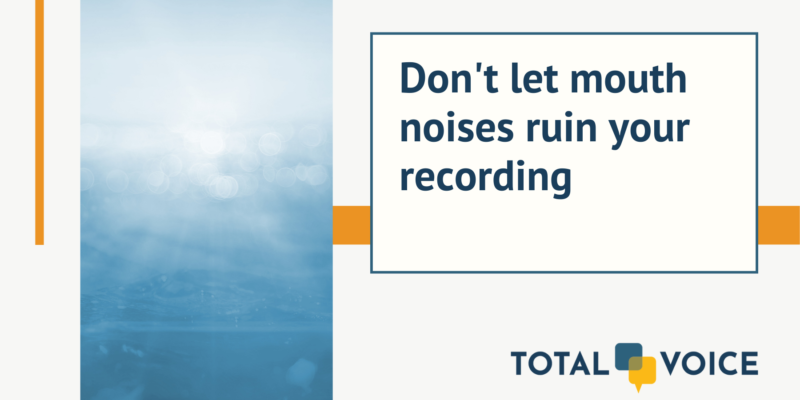In the past week this topic has come up in two different contexts for clients. One example is what you might expect, a professional speaker who noticed that he could hear his breaths during a TED talk. The other, perhaps less obvious, is someone who has been doing a lot of job interviews and noticed that she can hear herself gasp for air when answering questions.
Different settings, same problem: tension causing audible inhales.
continue reading
